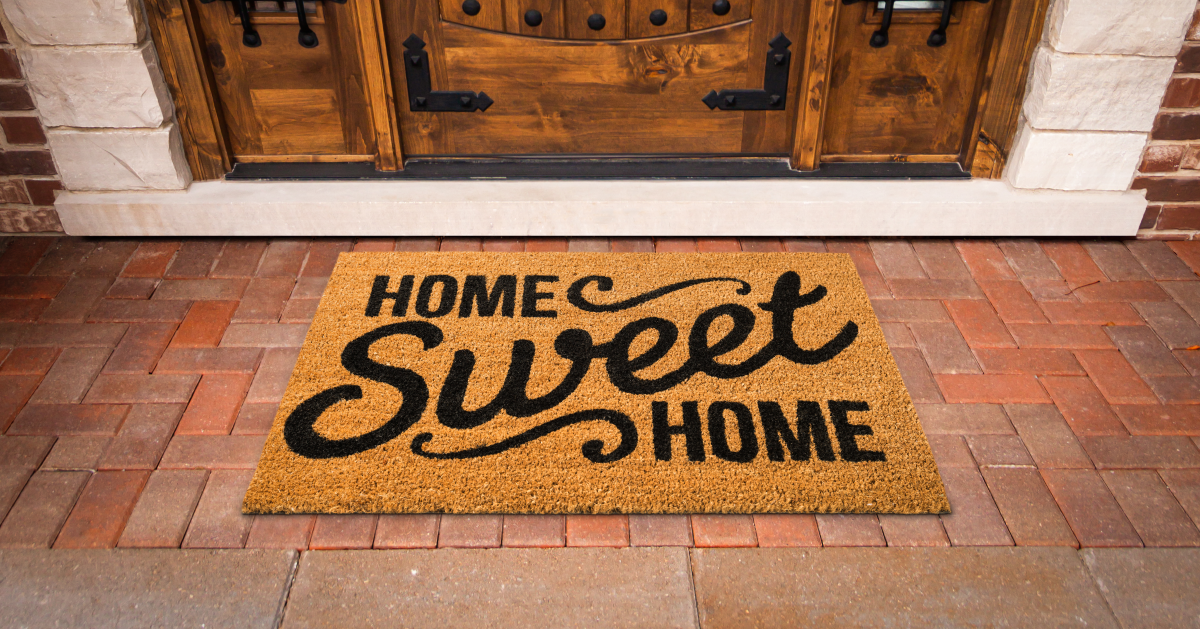Deciding what type of home is right for you is a significant and exciting step. Whether you’re a first-time homebuyer, upgrading to a larger space, or downsizing for retirement, choosing the right type of home is critical to ensuring your living space matches your lifestyle, budget, and long-term needs. From single-family homes to townhouses and condos, each home type offers unique advantages and considerations. What type of home is right for you? Work with construction consulting services to get assistance.
This guide will help you explore various home options and determine which one is the best fit for your current and future living needs.
1. Single-family Home: Classic and Spacious
A single-family home is a stand-alone house that sits on its own lot, offering privacy, space, and often, a backyard. This type of home is ideal for those who want more room to grow, a yard for children or pets, and the freedom to modify and personalize the property. You’ll have complete control over the property, both inside and outside.
Single-family homes are perfect for families, those who prefer a more private lifestyle, or anyone who enjoys outdoor activities like gardening. They typically offer the most square footage and yard space but come with higher maintenance responsibilities. You’re responsible for all repairs, lawn care, and upkeep.
Pros:
- More privacy
- Larger living and outdoor space
- Freedom to make renovations
Cons:
- Higher cost and property taxes
- Full responsibility for maintenance
- Can be isolated from nearby amenities
Tip:
If you plan on growing your family or want more space to entertain, a single-family home offers flexibility for future needs.
2. Condominium: Low Maintenance and Convenience
A condominium (condo) is a private unit within a larger building or community where owners share common areas like hallways, elevators, and amenities such as pools or gyms. Condos are ideal for those who prefer a low-maintenance lifestyle, as exterior maintenance, landscaping, and shared amenities are typically handled by the homeowner’s association (HOA).
Condos often appeal to first-time homebuyers, young professionals, and retirees looking for convenience and a lower-cost option in urban areas. However, while you won’t have to worry about yard work, you’ll need to pay monthly HOA fees, which can add up. Additionally, you may face restrictions on renovations or other changes to your unit.
Pros:
- Lower maintenance responsibilities
- Access to shared amenities like gyms or pools
- Lower purchase price compared to single-family homes
Cons:
- Monthly HOA fees
- Limited control over property changes
- Less privacy compared to stand-alone homes
Tip:
If you want the perks of homeownership without the hassle of maintenance, a condo is a great option, especially in urban areas with many amenities.
3. Townhouse: The Balance Between Space and Convenience
A townhouse offers a middle ground between single-family homes and condos. Townhouses are multi-level homes that share one or two walls with neighboring units but have their own entrance and often a small yard. They typically offer more space than a condo but less than a single-family home.
Townhouses are great for those who want the feel of a traditional home but with fewer maintenance responsibilities, as some exterior upkeep may be handled by the HOA. They provide more privacy than condos but still come with shared walls and, sometimes, HOA fees. Townhomes are popular among families, couples, and young professionals who want a balance between space and convenience.
Pros:
- More living space than condos
- May include a small yard or patio
- Some HOA maintenance services
Cons:
- Shared walls may reduce privacy
- Monthly HOA fees
- Limited outdoor space compared to single-family homes
Tip:
A townhouse is an excellent choice if you’re looking for more space than a condo but less responsibility than a single-family home.
4. Duplex or Triplex: Investment Potential and Flexibility
A duplex or triplex consists of two or three separate units within the same building. Each unit has its own entrance and living space. Duplexes and triplexes are appealing to those who want to live in one unit and rent out the other(s) to generate additional income. They also work well for multi-generational families, allowing everyone to live close together but in separate spaces.
Duplexes and triplexes often come with similar responsibilities as single-family homes, such as maintenance and landscaping. However, rental income can help offset the cost of the mortgage. These homes are best suited for those who want an investment property or a living arrangement that offers flexibility.
Pros:
- Potential rental income
- Flexibility for multi-generational living
- More privacy than condos or townhouses
Cons:
- Maintenance responsibilities for multiple units
- Less privacy than single-family homes
- Possible landlord responsibilities
Tip:
If you’re looking for an investment opportunity or need a flexible living situation, a duplex or triplex offers income potential and versatility.
5. Tiny Home: Minimalist and Eco-friendly
A tiny home is a small, compact house, typically under 400 square feet, designed for minimalist living. Tiny homes are perfect for those looking to downsize, reduce their environmental footprint, or live a more simplistic, low-cost lifestyle. They can be built on permanent foundations or wheels, offering the flexibility to move if desired.
Tiny homes are ideal for individuals or couples who don’t need a lot of space and are committed to a minimalist lifestyle. They are often more affordable than traditional homes, but living in a tiny home requires a significant adjustment to daily life, as space for storage, guests, and activities is limited.
Pros:
- Affordable and eco-friendly
- Minimal maintenance and upkeep
- Flexibility to move if built on wheels
Cons:
- Limited space for storage and living
- Requires minimalist lifestyle
- Zoning restrictions in some areas
Tip:
If you’re committed to downsizing and want an affordable, sustainable living option, a tiny home could be a great fit.
6. Multi-family Home: A Long-term Investment
A multi-family home contains multiple separate living units within one building, such as apartments or flats. Like duplexes and triplexes, these homes offer the opportunity for rental income or shared living space for multiple generations. Multi-family homes are larger than duplexes and triplexes and typically house more tenants.
These homes are ideal for real estate investors who want to generate rental income or for families who want to share living costs but maintain separate living quarters. Managing a multi-family home comes with responsibilities such as maintenance, tenant management, and property upkeep.
Pros:
- Rental income potential
- Flexible living arrangements for families
- Long-term real estate investment
Cons:
- Higher purchase and maintenance costs
- Landlord responsibilities
- Less privacy than single-family homes
Tip:
A multi-family home is perfect for those seeking to build wealth through real estate investment or who want a flexible living arrangement for extended families.
7. Co-op Housing: A Community-focused Option
In a co-op (cooperative housing), you don’t own your individual unit. Instead, you own shares in a corporation that owns the building. Co-op owners have a say in how the building is run, including making decisions about repairs, renovations, and rules for residents. Co-ops are more common in urban areas and often come with lower purchase prices compared to condos.
However, co-ops tend to have stricter rules and approval processes for potential buyers. This type of housing is ideal for those who prefer a community-focused living arrangement and don’t mind adhering to the building’s regulations.
Pros:
- Typically lower purchase price than condos
- Community decision-making
- Maintenance included in monthly fees
Cons:
- Stricter rules and approval process
- Limited control over personal unit
- Monthly co-op fees
Tip:
If you value community living and want a lower-cost urban option, a co-op could be a good fit, but be sure to understand the rules.
Conclusion
Choosing the right type of home depends on your lifestyle, budget, and future needs. Whether you’re looking for the privacy and space of a single-family home, the convenience of a condo, or the investment potential of a duplex, each type of home offers unique advantages and considerations. By understanding what each home type entails, you can make an informed decision and find the perfect fit for your current and future living situation.
Before making your final decision, consider your long-term goals, maintenance preferences, and financial situation. With the right home type, you’ll create a space that supports your lifestyle and provides comfort, functionality, and value for years to come.


